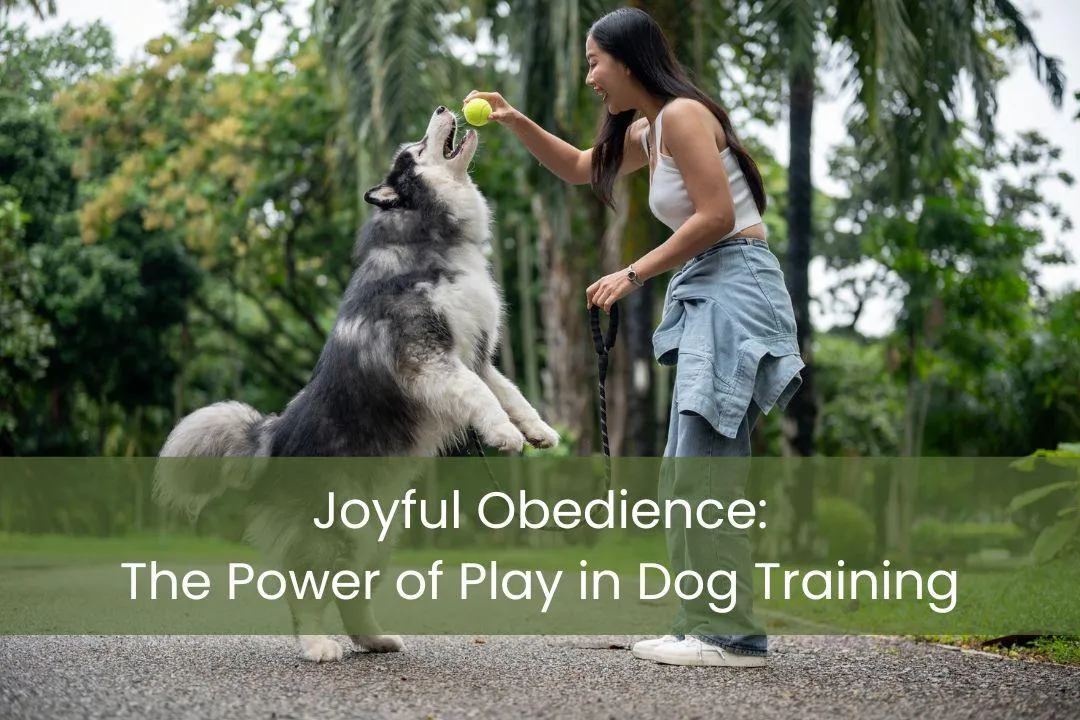

JULY & AUGUST 2024 ISSUE

Cover Story
Experience the Rewards of a Summer Bucket List
Community & Culture
Letter from the Editor
Mayor’s Message
Trailblazer Nation
Start on Your Path to a Stable Career
Navigating Real Estate in the Age of the Internet
The Health Benefits of Resort Living: Why Resort Residences Are the Ultimate Wellness Retreat
Utah Tech University Debuting the State’s Most Affordable Online Master of Healthcare Administration Program
Creative Wigs and Hair Replacement Now Celebrating Sixty Years of Service
It Takes Little to Be a Big
Carsen Cooper: Lessons I Learned at Boy’s Nation
Health & Fitness
Flex-Time: Trish Schlegel Is Ageless Bodybuilder
Walk Your Way to a Longer, Healthier Life
Getting the Most from Outdoor Adventures
Menopause and Obesity: a Real Phenomenon
Riding on the Wind
Dave’s Story: Stroke Symptoms Aren’t Always Typical
The American Apple
Ease the Ache: Arthritis Care and Advice from Vista Healthcare
Alternative Holistic Care for Horses
Preventive Dental Care Will Help You Live Your Best Life
Utah’s Swell: Utah Is Great, but It Is Also Home to the San Rafael Swell
Four Considerations for Effective Tax Planning in Retirement
A Look at Self-Guided In-Home Health Tests
Empower Yourself with Nutrition Know-How
Four Tips for Summer Water Safety

Mind & Body
Experience the Rewards of a Summer Bucket List
The Mental Health Benefits of Exercise for Older Adults
The Profound Relationship between Our Physical and Emotional Health
Nurtured by Nature: Interacting with Nature Benefits the Body and Mind
Change Your Words, Change Your Life
Set Your Sights Higher with a Vision Board
What Type of Ketamine Is Right for You?
Relationships & Family
Have You Lost That Loving Feeling?
Encounter on Santa Clara Boulevard
Who Am I? A Map to Self-Discovery
Make a Positive Impact by Planting a Tree

Current Articles

Joyful Obedience: The Power of Play in Dog Training
Training dogs with a positive approach brings lasting joy, strengthened bonds, and a healthier relationship between dog and owner. Dogs thrive when training involves rewards like treats, toys, and praise, and using positive reinforcement consistently can make training an enjoyable, interactive experience for both parties. However, training doesn’t have to feel formal or overly structured. Just as humans enjoy playing sports, dogs love playful activities, which can be an excellent and often underutilized reward. Since both humans and dogs are naturally inclined to play throughout life, incorporating play into training strengthens engagement and motivation.
Unlike many animals that outgrow play as they mature, dogs and humans retain a love for play well into adulthood, making playful interaction a natural fit for training. In particular, both species share a fondness for “object play,” like playing with balls, which is rare in the animal kingdom. This shared enthusiasm for play is a valuable tool for building a lasting, joyful connection with our dogs.
Play can be an especially powerful reinforcement tool in training, sometimes even more effective than food rewards. Many professional trainers in fields like search and rescue or scent detection incorporate play as a motivator due to its effectiveness and the mutual joy it brings to both dog and handler. Integrating play into training doesn’t just increase a dog’s motivation; it also makes training sessions more enjoyable for owners, encouraging them to train more frequently.
Incorporating play is also valuable when dealing with behavioral issues. For example, a dog that shows aggression toward other dogs might benefit from a playful reward system, like tug-of-war or fetch, as reinforcement for calm behavior around other dogs. This strategy creates positive associations through classical conditioning, where the dog eventually links the presence of other dogs with the pleasurable feelings associated with play.
Play-based training techniques are not only for professional trainers but are also beneficial for family dogs. Owners can use play to teach everyday behaviors, such as having a dog retrieve a toy instead of jumping on visitors. Trick training, like teaching a dog to jump through a hoop, is another excellent way to keep the learning process enjoyable and stress-free. Unlike obedience training commands, which can sometimes feel stern or pressure-filled, trick training tends to be light-hearted, making it easier for dogs to engage and for owners to maintain a cheerful attitude.
A simple approach to making training enjoyable is to blend obedience commands with playful actions. For instance, asking for a “sit” or “down” can be followed by a game of tug or fetch. This approach helps dogs stay attentive without the need to repeat commands multiple times, as the play serves as an immediate and enjoyable reward. This variety keeps the dog engaged and builds stronger recall and responsiveness over time.
While play can enhance training, it’s essential to observe how each dog responds to different rewards and activities. Not all dogs enjoy the same types of play or physical affection. Some dogs dislike being patted on the head and may view it as a negative experience, despite an owner's good intentions. A dog’s body language, such as turning its head away or walking off, offers clues about its preferences, which can help owners tailor their approach to training. If a dog shows signs of boredom or reluctance, it may be beneficial to reduce the number or length of sessions. Conversely, owners should also avoid giving up too quickly, as some dogs need time to understand what is expected of them. Adjusting to the dog’s needs ensures that training sessions remain productive and enjoyable.
In the end, training should feel like a fun and rewarding activity, not just for the dog but for the owner as well. A playful approach to training fosters a positive experience, turning training into quality bonding time. This enjoyable dynamic motivates both the dog and owner to continue learning together. So, whether it’s working on a new trick or reinforcing good behavior, approach training as an opportunity to play and connect with your dog. After all, the more you enjoy the process, the more likely you are to create a lifelong, joyful bond with your furry friend.
For more information or to schedule a wellness assessment or mini-groom, contact WOOF! Wellness Center & Training Academy at 435-275-4536, or visit online at woofcenter.com.



